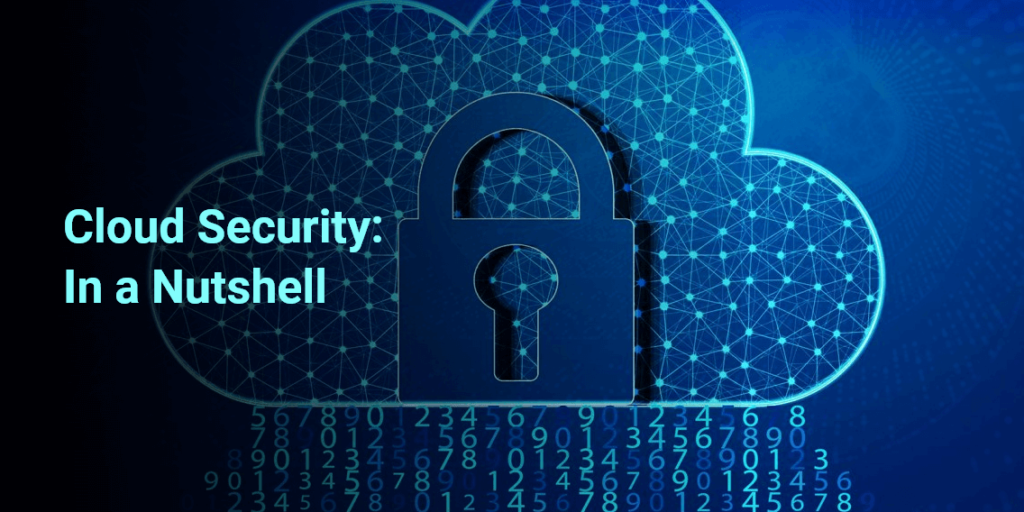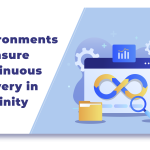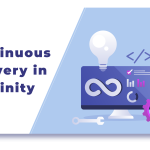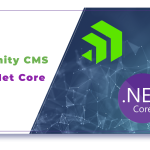
Cloud Security services could be a commonly heard term in and around tech spheres. With abundant technologies and data governing them, there is an undoubted need to protect them. With more and more threats and vulnerabilities getting unveiled, it is no joke to take the matter of cyber security in a passive way. Cloud security is one such measure that can readily help in safeguarding systems, networks, and data from threats and breaches. Let us dive in and see what job it does to ensure such levels of protection.
What is Cloud Security?
The data uploaded in cloud services, websites, and mobile applications, various other infrastructural data, etc are under constant threat. In order to protect these, organizations resort to various protection frameworks. Cloud security is one such practice that ensures these stay safeguarded and protected from such violations. This is carried out through a set of controls, technologies, policies, practices, and services.
In this framework, cloud security builds a protective shield by creating a certain set of authentication rules and regulations. Through this mechanism, cloud security attempts to filter traffic in the process of validating access to external forces. The protective shield offered by cloud security is sufficient enough to accommodate a wide range of computing environments. By sticking to software nesting, cloud security unlike network security reduces the maintenance cost to a significant amount.
Even in the developmental phases cloud security provides space for flexibility and transparency. This provides the convenience of customizing cloud security features to organizations and users. Through this mechanism, the users can therefore decide and design the levels of security they need to set in order to enable data protection.
Why choose Cloud Security?
Cloud security is one of the best cyber security frameworks to prevent and fight some of the common cyber attacks. It enables protection from several malware attacks, DDoS attacks, blocks the act of accessing unauthorized data, and many more. This would make it nearly impossible for hackers to surpass these security hurdles while trying to access a user’s system. Cloud security features lay great emphasis on areas like encryptions, firewalls, access management, etc.
Apart from all of these, it is important that any user resorting to cyber security services should know what each service offer and how it works. Like in the case of cloud security, it seeks a collective responsibility for its seamless execution. This means that in order to make it work, the user ( be it an individual or a collective ) will require to participate in a collective framework alongside their CSP ( Cloud Service Providers ).





